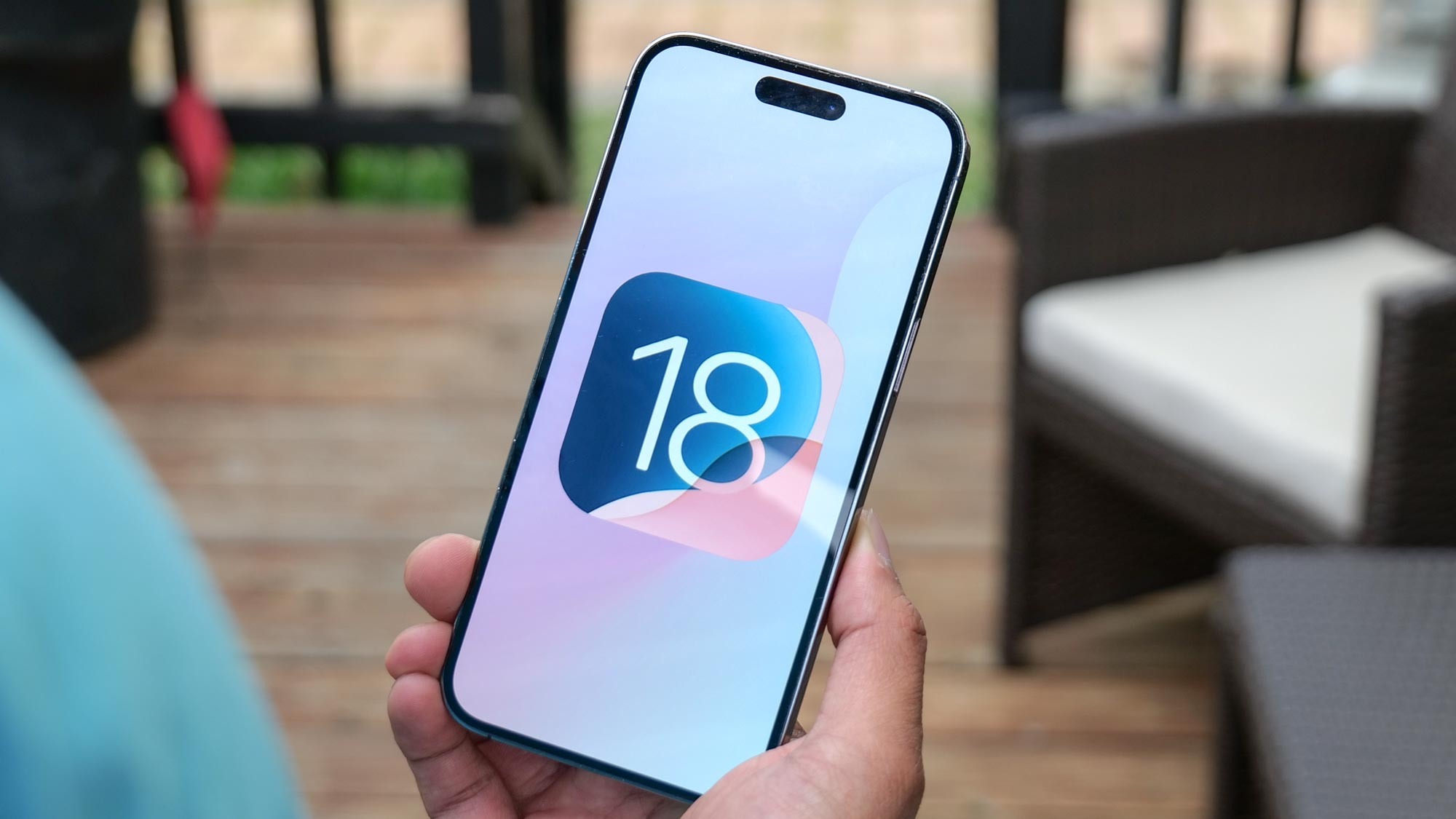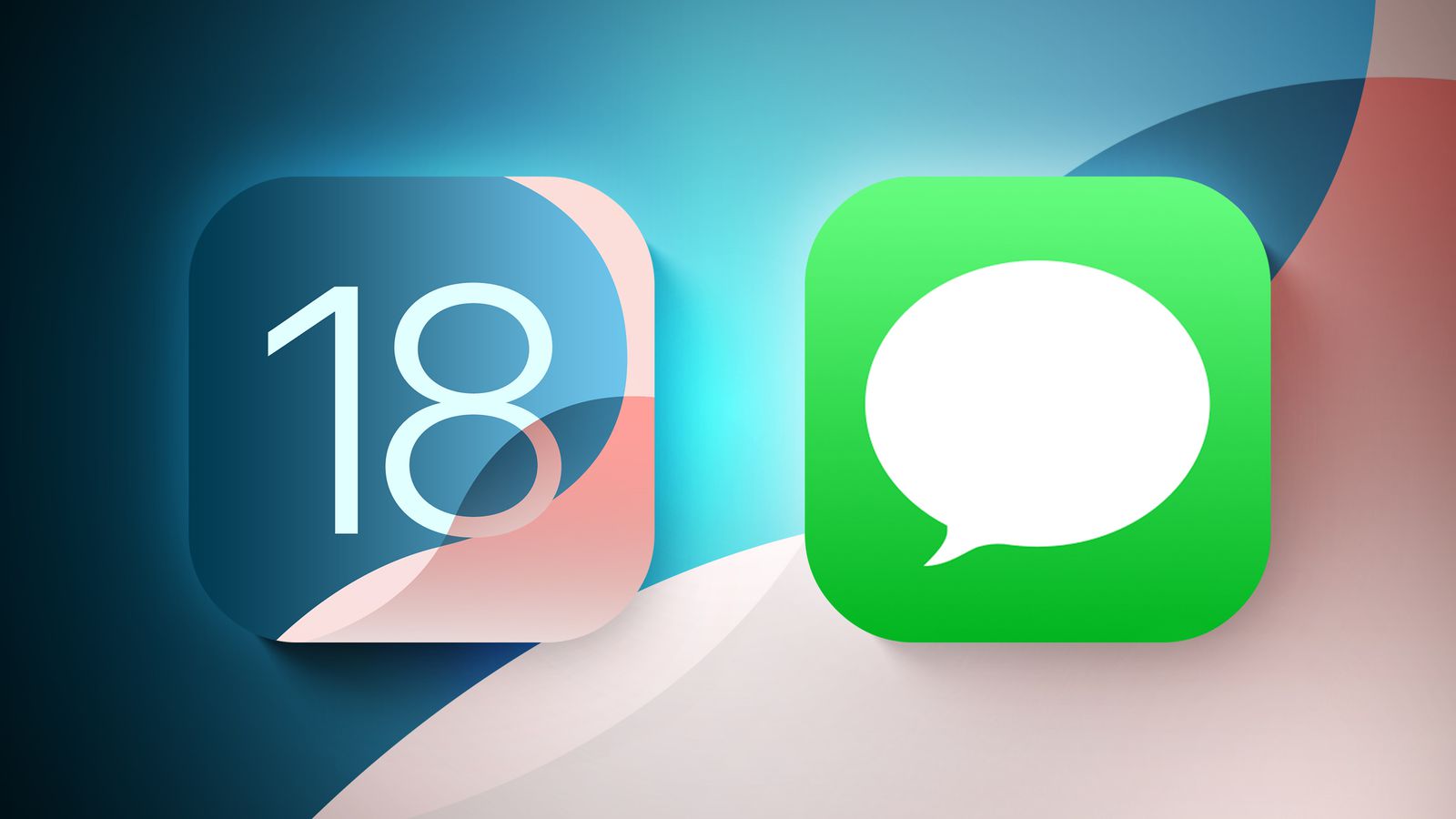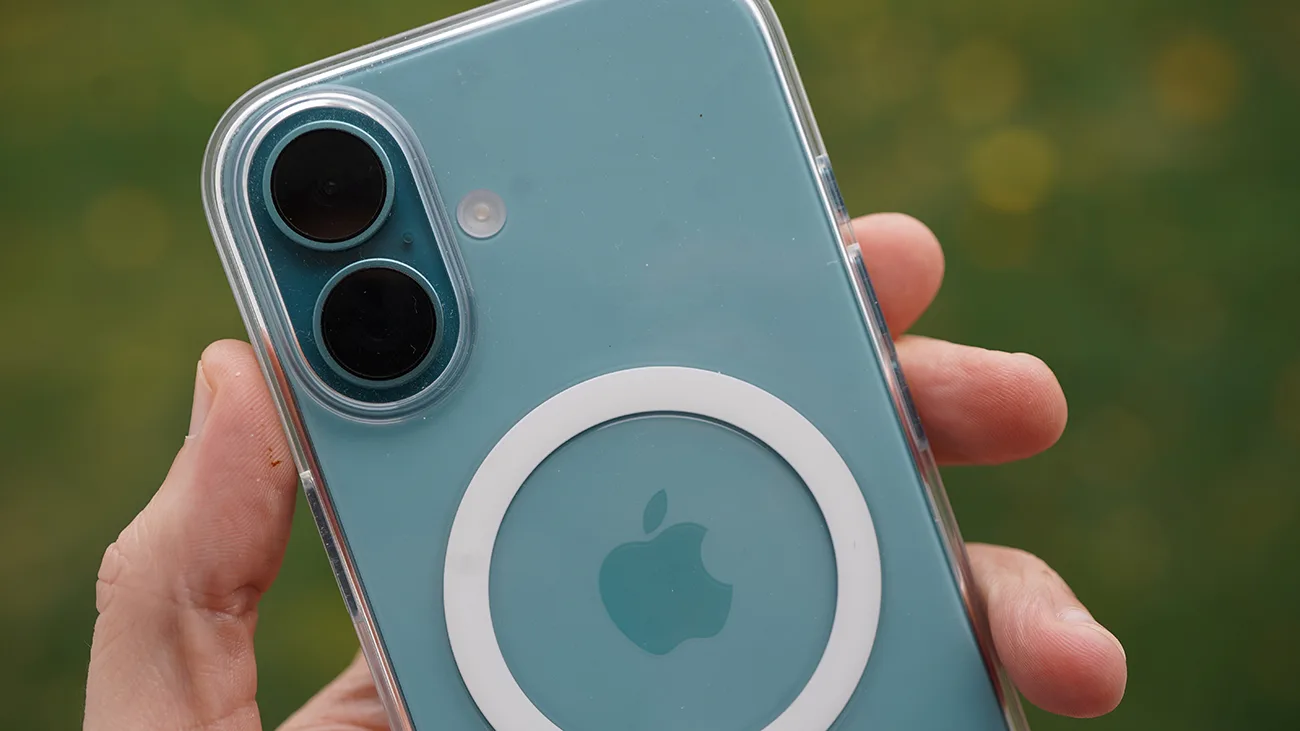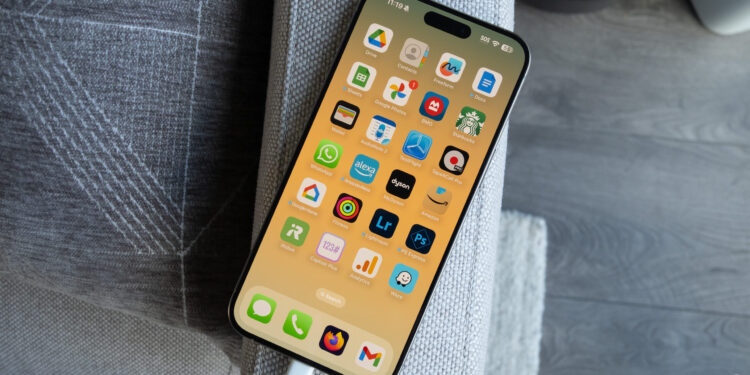Historically, Apple has maintained a tightly controlled ecosystem for its devices, especially around its messaging services. However, the forthcoming iOS 18.2 breaks from tradition by empowering users to designate alternative applications as their primary messaging tool. Meta, formerly known as Facebook, is poised to become a major beneficiary of this new policy with its widely-used platforms, WhatsApp and Messenger, leading the charge.
“In iOS and iPadOS 18.2 and later, a user may select an app other than the Messages app to send instant messages. The system launches the default messaging app to handle when a user taps an im: link from another app,” Apple explained in its guidance to developers on preparing their apps for default status.

This development is a significant win for Meta, which has long vied for a larger share of the messaging market on iOS devices, traditionally dominated by iMessage. “This new default app offering will be all about Meta,” reports indicate, suggesting that WhatsApp and Messenger are well positioned to capitalize on this update due to their massive global user base and robust features, including end-to-end encryption.
A New Chapter for RCS and Cross-Platform Messaging
The integration of Rich Communication Services (RCS) in iOS also introduces a new dimension to Apple’s strategy. RCS has been championed by Google and Samsung as a superior alternative to traditional SMS, offering features like read receipts, high-quality media sharing, and better group chat capabilities. Despite these advantages, the adoption of RCS has been slow, with Apple resisting its integration until now.
“Committed to cross-platform communication, Samsung partnered with Google to help drive the adoption of Rich Communication Services (RCS), a modern, interoperable standard for enhanced messaging… Now with the latest version of iOS supporting RCS, the benefits are available beyond the Android ecosystem when messaging across platforms,” Samsung stated, acknowledging the broader implications for the messaging landscape.

However, despite these advancements, the preference for apps like WhatsApp over RCS is clear. The seamless, secure experience offered by WhatsApp—with its end-to-end encryption extending even to cross-platform communications—presents a compelling alternative to RCS, which still lacks encryption for Android to Android communications.
The Implications for Users and the Industry
For millions of iPhone users, particularly in the U.S., the introduction of this new default messaging option is more than just a technical update—it is a significant decision point. The choice between sticking with the familiar iMessage and shifting to a potentially more versatile platform like WhatsApp or Messenger could reshape communication habits and preferences.
Additionally, this update could alter the competitive dynamics in the tech industry, particularly between Apple, Google, and Meta. By allowing Meta platforms to serve as default messaging apps, Apple is not only opening up its ecosystem but also potentially diluting the dominance of its own messaging service. This could lead to a more leveled playing field where user preferences and app functionality determine market leadership rather than platform restrictions.

As the release of iOS 18.2 approaches, users and industry watchers alike will be keen to see how these changes play out in practice and what they mean for the future of mobile communications. The decision to embrace alternative default apps may well be one of Apple’s most significant iOS policy shifts in recent years, heralding a new era of user empowerment and platform openness.









